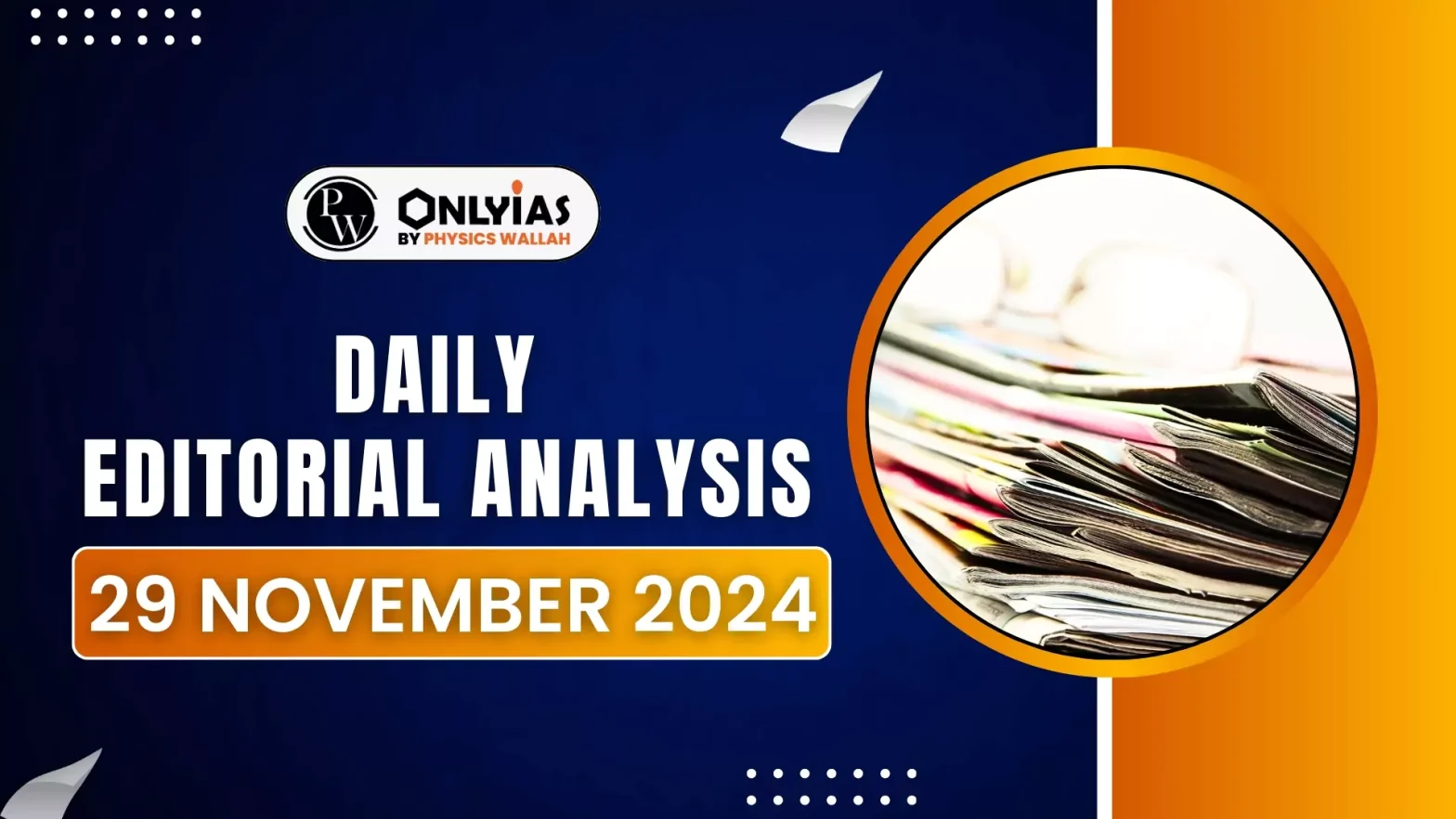The timing and implementation of the Mukhyamantri Majhi Ladki Bahin Yojana in Maharasthra have sparked debates about its overall effectiveness and the underlying intent.
About the Scheme
- The Mukhyamantri Majhi Ladki Bahin Yojana, introduced by the Maharashtra government, aims to empower women aged 21 to 65 years by providing ₹1,500 per month through Direct Benefit Transfer (DBT).
- The scheme seeks to improve women’s economic independence, health, and decision-making power within their families.
Enroll now for UPSC Online Course
Arguments in Favour of the Scheme
- Democratic Process:
- Offering welfare schemes be it at any time ensures accountability as political parties must show tangible benefits to win public trust.
- It demonstrates a government’s intent to address women’s issues, including economic inequities.
- Empowering Women:
- Women often engage in unpaid domestic work; this scheme recognizes their contribution by providing monetary support.
- Financial empowerment enables women to make independent choices, potentially improving their quality of life.
- Targeted Spending:
- Studies show women tend to prioritize family welfare, especially nutrition and education, when given financial autonomy.
- The scheme can address gaps in women’s health and family nutrition.
Arguments Against the Scheme
- Voter Manipulation:
- Announcing direct cash benefits close to elections may influence voter behavior, reducing the focus on long-term governance.
- Lack of Long-Term Impact:
- Direct cash transfers provide short-term relief but do not address systemic issues such as skill development or employment opportunities.
- Such schemes risk fiscal strain without ensuring sustainable benefits for recipients.
- Misuse of Funds:
- In some cases, funds may not be used by women for their intended purpose, especially in patriarchal settings where husbands or families may control the money.
- Banking and Accessibility Issues:
- Rural areas often lack sufficient banking infrastructure, leading to delays or challenges in accessing benefits.
- Connectivity and awareness remain significant barriers to the efficient delivery of DBT.
- Loss of Dignity:
- Unlike employment-linked schemes such as MGNREGA, direct cash assistance lacks the dignity associated with earning through work.
- Recipients may feel complacent, reducing the drive for self-improvement or active participation in the workforce.
- Fiscal Implications:
- Heavy spending on DBT schemes could limit resources for essential sectors like education, healthcare, and infrastructure.
- Long-term dependency on cash assistance could worsen fiscal deficits without tangible social transformation.
Recommendations
- Vision-Driven Implementation: The scheme should focus on long term aspects too like creating systemic change in society, such as addressing gender roles and increasing women’s participation in the workforce.
- Integration with Other Schemes: Link the scheme with skill development, education, and health initiatives to ensure comprehensive empowerment.
- Monitoring and Evaluation: Mechanisms to monitor fund utilization should be in place to ensure it reaches the intended beneficiaries and achieves its goals.
- Balanced Fiscal Approach: Ensure cash assistance does not compromise investment in other critical welfare areas, maintaining fiscal discipline.
Check Out UPSC Modules From PW Store
Conclusion
The Mukhyamantri Majhi Ladki Bahin Yojana has potential as a tool for women’s empowerment if implemented with a clear long-term vision and robust checks. While it offers immediate relief, it must be integrated with broader systemic reforms to ensure lasting socio-economic change. Balancing welfare with fiscal prudence and creating sustainable pathways for empowerment will determine its success.
![]() 29 Nov 2024
29 Nov 2024
